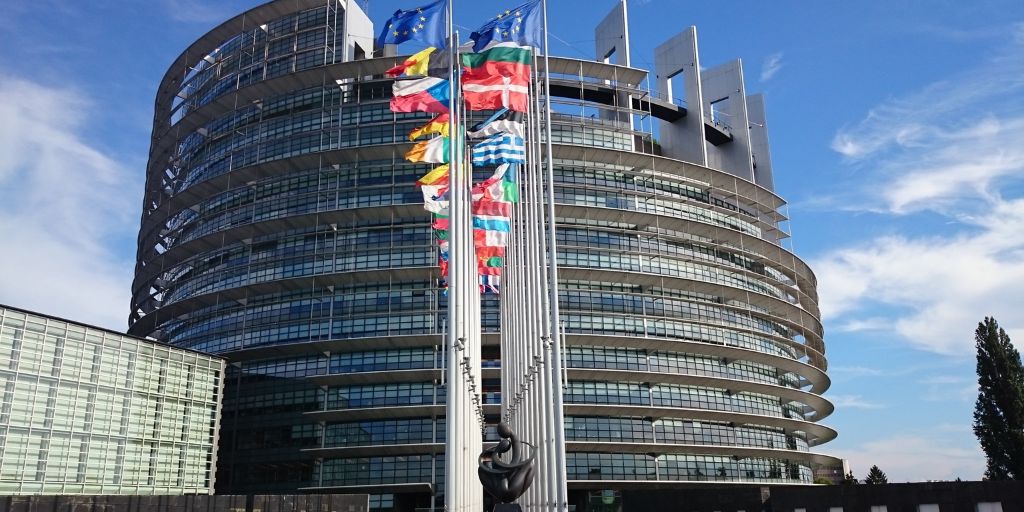

Report
LIFE for nature: Why Europe’s flagship environmental programme must remain part of the next EU budget
For over 30 years, the LIFE programme has proven its worth as a highly effective resource for financing nature protection and restoration across Europe. It’s also widely considered one of the EU’s best performing funds.
Despite its vital role, however, the programme now risks being scrapped from the next EU budget, which would effectively remove the only dedicated source of EU funding for biodiversity in Europe.
LATEST

Why the EU budget needs a democratic reset – a Czech civil society perspective
Blog entry | 25 July 2025

Western Balkans: Majority of EU energy crisis package funds untraceable, shows new report
Press release | 23 July 2025

A budget aware of the challenges, yet falling short on solutions for a resilient future
Press release | 16 July 2025
We're Bankwatch
We expose the risks of international public finance and bring critical updates from the ground. We believe that the billions of public money should work for people and the environment.
STAY INFORMED
CAMPAIGN AREAS
